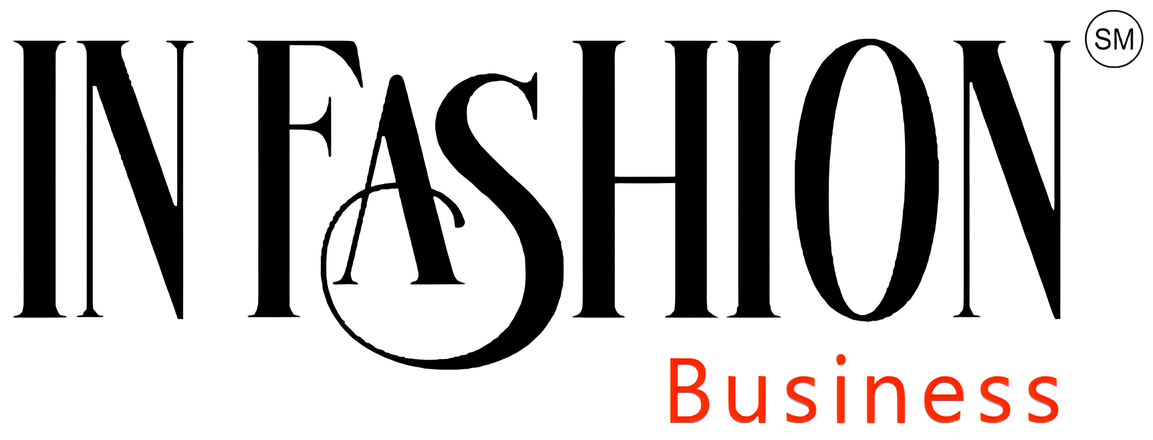COTTON BALES QUALITY CONTROL ORDER 2023 AMENDMENT AUGUST 27 2026 TEXTILE INDUSTRY CENTRAL GOVERNMENT POSTPONEMENT WITHDRAWAL DEMAND BUREAU OF INDIAN STANDARDS BIS CERTIFICATION CONTAMINATION LEVELS IMPORTED COTTON GARMENT BRANDS NOMINATED S NATIONAL
INDIA
By IFAB MEDIA - NEWS BUREAU - July 8, 2025 | 283 3 minutes read
The Ministry of Textiles has amended the Cotton Bales (Quality Control) Order, 2023, postponing its enforcement to August 27, 2026. While the deferment has brought temporary relief, industry stakeholders continue to urge the Central government to withdraw the order entirely, citing multiple practical constraints and global trade implications.
According to leading textile industry sources, the sector, which accounts for the bulk of domestic cotton consumption, appreciates the government's move to delay the order. However, the core concern remains unaddressed — the current BIS (Bureau of Indian Standards) specifications lack defined contamination norms, a critical parameter for cotton quality. Contamination levels in Indian cotton remain high, prompting textile mills to rely on imported cotton that meets global standards of purity and consistency.
“The BIS certification is not aligned with the global cotton trade ecosystem,” said an industry executive. “Cotton growers in key exporting countries are unlikely to comply with BIS certification norms, which are largely India-specific and do not reflect international quality benchmarks.”
Adding to the challenge, several global apparel brands have adopted a policy of nominating raw material suppliers, requiring Indian textile exporters to source cotton or yarn only from those pre-approved vendors. If these nominated suppliers do not obtain BIS certification — which many are unlikely to pursue — Indian exporters risk losing key international orders.
Industry bodies argue that the Quality Control Order, though well-intentioned, is impractical in its current form. With the sector’s competitiveness at stake, they have reiterated their appeal to the government to reconsider and withdraw the order altogether, instead of merely postponing it.
As global supply chains grow more intricate and buyer compliance becomes stricter, textile manufacturers stress the need for policies that are globally harmonized and supportive of India's export potential.











